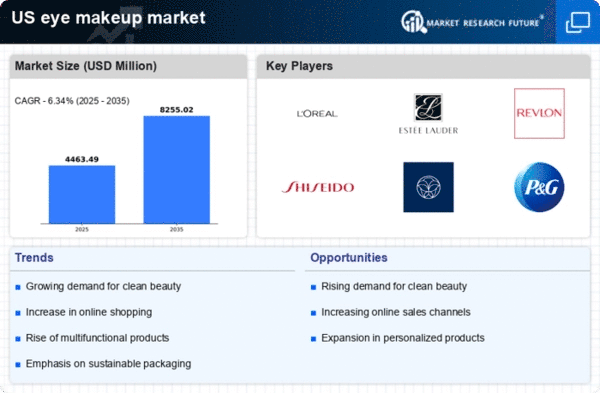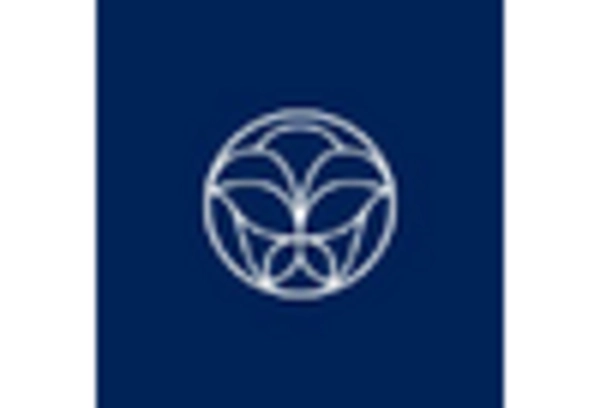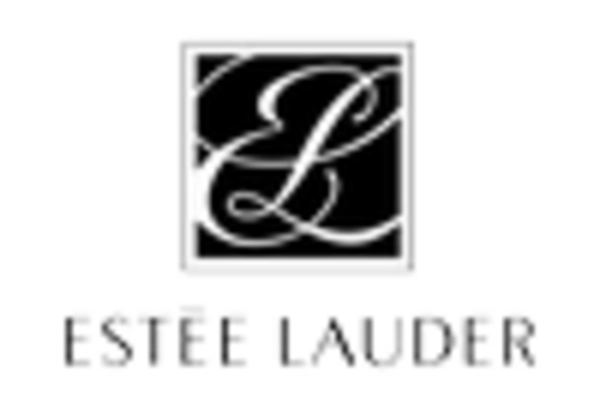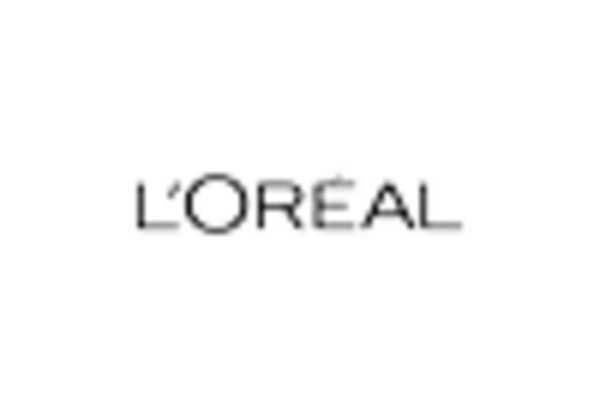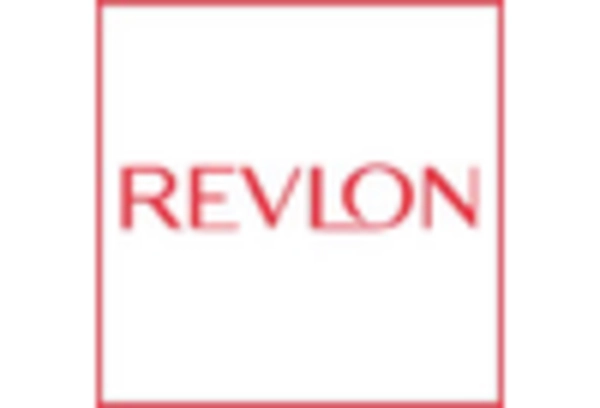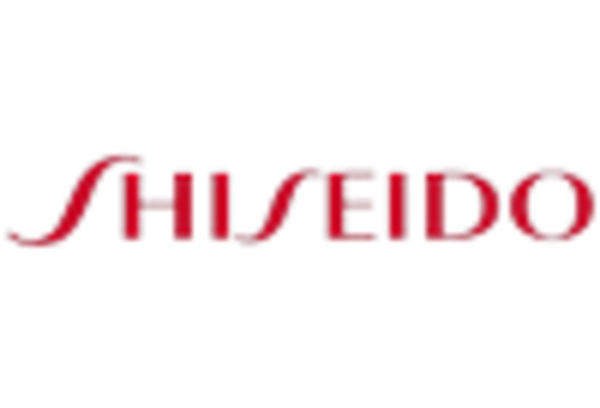Increase in E-commerce Sales
The eye makeup market is witnessing a substantial increase in e-commerce sales, driven by the convenience and accessibility of online shopping. Recent statistics indicate that online sales in the beauty sector have surged by over 25% in the past year, with eye makeup products being among the top-selling categories. This shift towards digital platforms allows consumers to explore a wider range of products and brands, often leading to impulsive purchases. The eye makeup market is responding by enhancing their online presence and optimizing their e-commerce strategies, including personalized recommendations and virtual try-on features, to improve customer experience and drive sales.
Rising Popularity of Customization
The eye makeup market is increasingly embracing the trend of product customization, allowing consumers to tailor their makeup products to suit individual preferences. This trend is particularly appealing to younger consumers who seek unique and personalized beauty experiences. Industry expert's indicates that brands offering customizable options have seen a growth in customer loyalty and repeat purchases. The eye makeup market is capitalizing on this trend by introducing customizable palettes and shades, enabling consumers to create their own looks. This approach not only enhances customer satisfaction but also fosters a deeper connection between brands and consumers, potentially leading to increased market share.
Expansion of Male Grooming Products
The eye makeup market is witnessing a growing acceptance of makeup among male consumers, leading to an expansion of male grooming products. This shift is indicative of changing societal norms and attitudes towards masculinity and beauty. Recent data shows that the male grooming segment is projected to grow by approximately 10% annually, with eye makeup products such as brow gels and eyeliners gaining popularity. The eye makeup market is responding to this trend by developing targeted marketing strategies and product lines specifically designed for men, thereby tapping into a previously underrepresented demographic and broadening their market reach.
Growing Demand for Natural Ingredients
The eye makeup market is experiencing a notable shift towards products that incorporate natural and organic ingredients. Consumers are increasingly concerned about the safety and environmental impact of cosmetics, leading to a rise in demand for formulations that are free from harmful chemicals. This trend is reflected in the market data, which indicates that products labeled as 'natural' have seen a growth rate of approximately 15% annually. As a result, brands are reformulating their eye makeup products to align with these consumer preferences, thereby enhancing their market presence. The eye makeup market is adapting to this demand by emphasizing transparency in ingredient sourcing and promoting eco-friendly packaging, which further appeals to environmentally conscious consumers.
Influence of Social Media and Beauty Influencers
The eye makeup market is significantly influenced by social media platforms and beauty influencers who shape consumer preferences and trends. With the rise of platforms like Instagram and TikTok, beauty tutorials and product reviews have become essential in driving purchasing decisions. Data suggests that approximately 70% of consumers are influenced by social media when selecting eye makeup products. This trend has prompted brands to collaborate with influencers to enhance their visibility and credibility. The eye makeup market is leveraging this digital landscape to engage with consumers directly, creating targeted marketing campaigns that resonate with younger demographics, thereby expanding their customer base.


